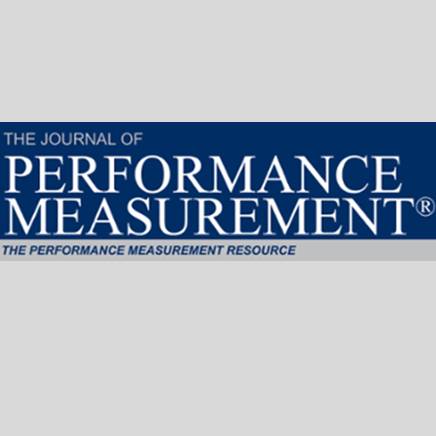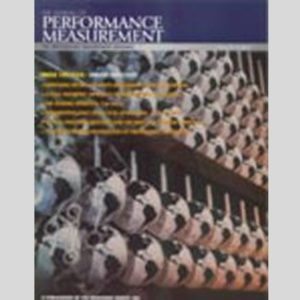The Right and Wrong of Ranks: Why Short-Term Ranks are Poor Performance Proxies and What to do About It
$25
This article investigates the behavior of return ranks of different period lengths for four sets of consistent out- and underperformers in two well-controlled peer groups of large blend and intermediate-term bond mutual funds. It shows that short-term return ranks are increasingly biased toward the median, even when the underlying fund performance is stable.
Armin Grueneich, Ph.D.
This article investigates the behavior of return ranks of different period lengths for four sets of consistent out- and underperformers in two well-controlled peer groups of large blend and intermediate-term bond mutual funds. It shows that short-term return ranks are increasingly biased toward the median, even when the underlying fund performance is stable. Short-term ranks thus systematically overestimate the performance of consistent underperformers and vice versa. This complicates their use for performance evaluations. This article describes how the bias of short-term ranks arises, how it affects the practice of performance measurement, and how these shortcomings can be surmounted. In the course of doing this, the article defines a new measure of risk-adjusted performance, which assesses the strength and consistency of outperformance, and it describes a helpful improvement to Philip’s statistical control chart approach to performance measurement (https://ssrn.com/abstract=371121).
The Right and Wrong of Ranks: Why Short-Term Ranks are Poor Performance Proxies and What to do About It
Armin Grueneich, Ph.D.




